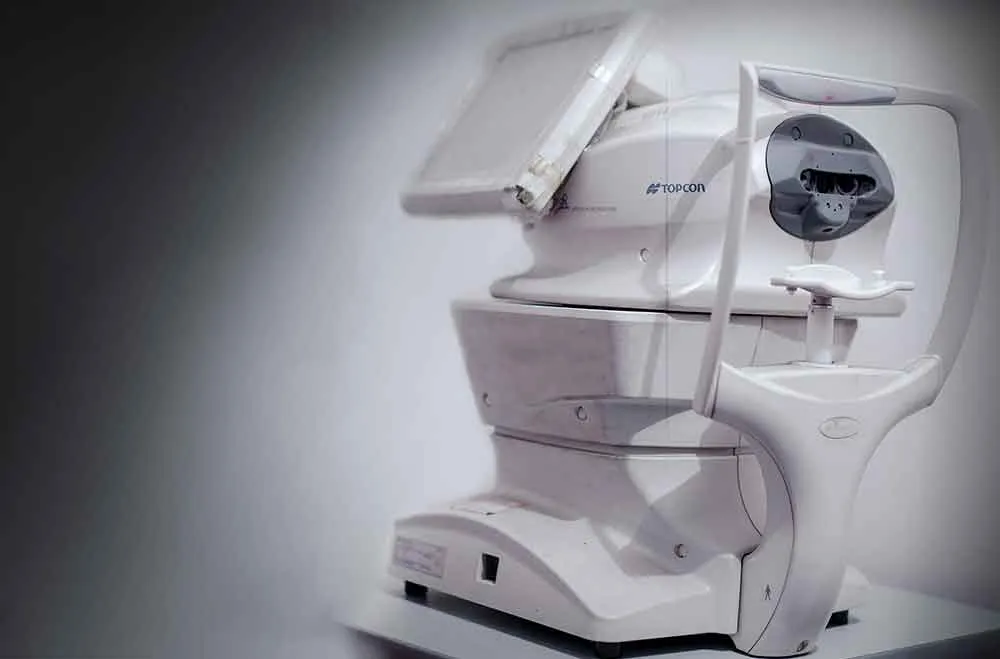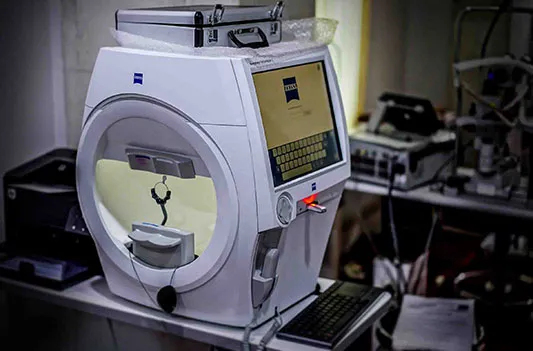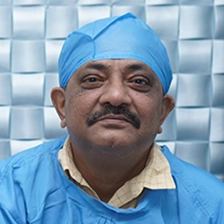Neuro-Ophthalmology treatment at RENUKA
We have a bunch of specialized and highly-experienced ophthalmologists to look into neuro-ophthalmic disorders. We provide modern world-class technology for treating our patients at a reasonable price. Hence patients can trust Renuka Eye Institute to be one of the best eye hospitals in Kolkata and can get treated here to improve their vision. Renuka Eye Institute is among the very few eye hospitals which provide Neuro-Ophthalmology services.


Our ophthalmologists guide and advise on a few tests:
- Orthoptic evaluation
- CT scan
- MRI and MRI venogram
- Diplopia charting
A wide range of conditions are included in Neuro-ophthalmology, some respond to medications, while others with prism eyeglasses. Surgery is an option for some cases related to this condition.

